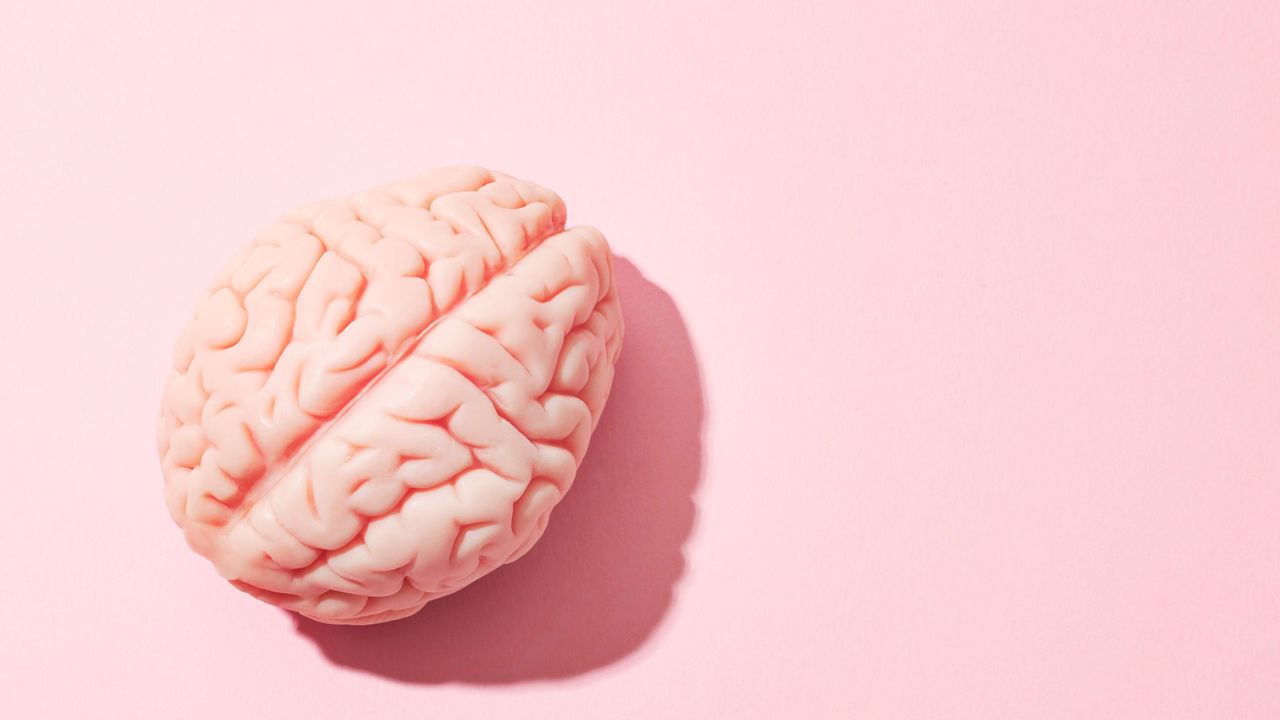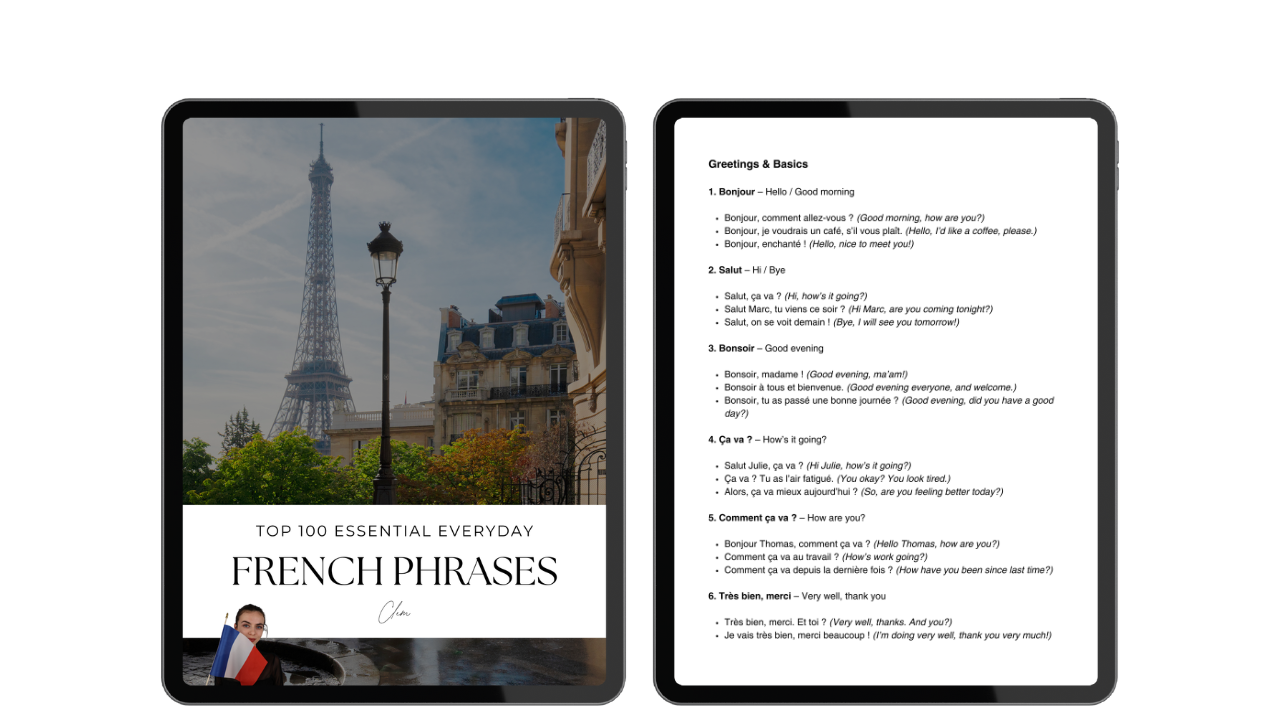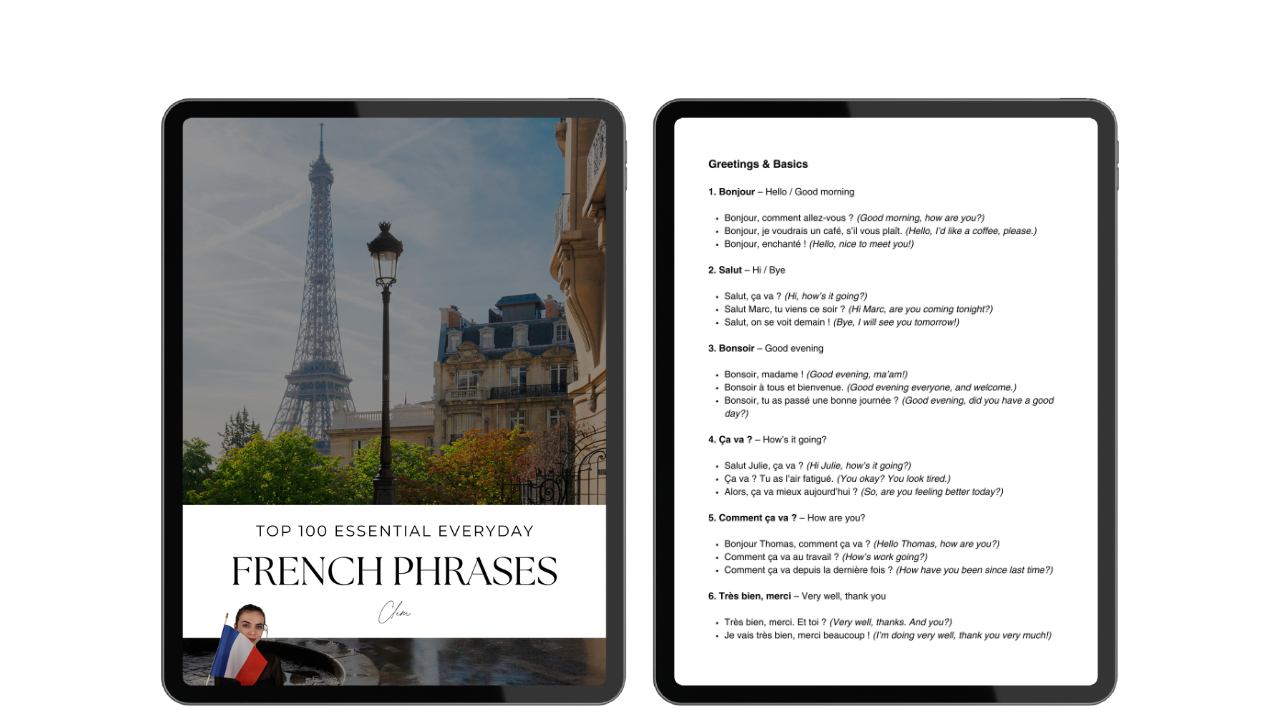
What Happens to Your Brain When You Learn a New Language
Sep 14, 2025Learning a new language can feel like magic.
One day, you’re staring blankly at a menu, clinging to Google Translate like a life raft. The next, you’re ordering dinner in French, Spanish, or Italian—and actually being understood.
But here’s the thing: it is magic. Or at least, it feels that way.
Because while you’re memorizing words and fumbling through verb conjugations, something incredible is happening upstairs. Your brain is literally rewiring itself.
Learning a new language isn’t just about adding vocabulary—it changes your brain in ways scientists are still discovering.
So, what actually happens up there? Let’s dig in.
1. Your Brain Starts Building New Connections (Fast)
Imagine your brain as a city at night. You’ve got familiar roads (your native language), lit up and well‑traveled.
When you start learning a new language, it’s like building a whole new set of roads—and then connecting them to the old ones.
Suddenly, your brain is buzzing:
-
Neurons are firing.
-
Synapses (the little connections between brain cells) are strengthening.
-
New “routes” are forming.
This isn’t poetic fluff—it’s backed by brain scans.
Scientists see something called neuroplasticity—your brain’s ability to reorganize itself—kick into high gear when you learn a language.
👉 Translation: Your brain starts literally reshaping to handle the new skill.
2. Your Gray Matter Bulks Up
No, you won’t grow a visible “brain muscle.” But inside, something similar happens.
Studies show language learners develop more gray matter in certain areas of the brain—especially regions linked to memory, attention, and problem‑solving.
Think of gray matter like the “processing power” of your brain. The more you learn, the more powerful the processor.
👉 Cool fact: MRI scans of bilinguals often show denser gray matter in the hippocampus (the memory hub) and the prefrontal cortex (the “thinking ahead” area).
3. Your Brain Learns to Juggle
If you’ve ever switched between “tu” and “vous” in French or between formal and casual “you” in Spanish, you know language learning isn’t linear—it’s juggling.
Your brain is suddenly:
-
Managing two sets of rules.
-
Flipping between vocabularies.
-
Stopping itself from blurting out the wrong word.
This “juggling act” trains your executive function—the same mental system that helps you focus, manage tasks, and filter distractions.
👉 That’s why bilinguals often score higher on tests of attention control—their brains are used to flipping between lanes without crashing.
4. You Get a Better Memory (Yes, Really)
You might think, I can barely remember my grocery list—how is memorizing 1,000 French words going to help?
But here’s the twist: the act of memorizing those words is like taking your brain to the gym.
-
You store vocabulary in long‑term memory.
-
You constantly recall it during practice.
-
You link it to context (“fromage = cheese = oh, the cheese shop in Paris”).
This workout strengthens your overall memory—not just for languages.
👉 People who speak multiple languages often recall names, facts, and even directions better. (Bonus: there’s research suggesting bilingualism delays dementia by up to 4–5 years.)
5. Your Brain Starts Thinking in New Patterns
At first, you translate everything in your head.
Someone says “¿Cómo estás?” → You think “How are you?” → You reply.
It’s slow. Clunky. Exhausting.
Then something happens: you stop translating.
Your brain starts thinking directly in the new language.
👉 That’s not just convenient—it’s transformative.
Because thinking in another language isn’t just swapping words—it’s adopting new thought patterns.
Example:
-
In English, you “miss someone.”
-
In French, you say “Tu me manques”—literally, “You are missing from me.”
Different words. Different worldview.
6. You Get Better at Multi‑Tasking
When you learn a new language, your brain practices switching.
Switching between:
-
Words.
-
Structures.
-
Even cultural “modes” (formal vs. informal speech).
This mental “gear‑shifting” makes you faster at switching between tasks in life, too.
👉 Studies show bilinguals handle multi‑tasking better because their brains are used to toggling between systems without getting stuck.
7. Your Brain Learns to Handle “Not Knowing”
Here’s something nobody warns you about: language learning is 90% guessing.
You forget a word. You don’t understand a sentence. You piece it together anyway.
That constant “living in the gray” teaches your brain to tolerate uncertainty.
👉 And that spills over into everything—you stop panicking when you don’t understand every detail in a meeting, or when plans change. Your brain gets comfortable saying, “Hmm, let’s figure this out.”
8. Your Ear Gets a Tune‑Up
Learning a new language isn’t just about your brain—it’s about your ears.
At first, everything sounds like noise.
Then slowly, you start hearing patterns:
-
The rolled “r” in Spanish.
-
The nasal vowels in French.
-
The tones in Mandarin.
Your brain literally starts hearing differently. It tunes itself to pick out new sounds, even ones your native language never used.
👉 Bonus side effect: You become better at picking up accents, music, and even subtle tone shifts in any language.
9. Your Brain Builds a “Linguistic Control Center”
When you speak two (or more) languages, your brain has to constantly decide which one to use.
This means you’re strengthening a mental “control center” called the anterior cingulate cortex—the same part of the brain that helps you ignore distractions.
👉 The result: bilinguals often focus better in noisy environments because their brains are trained to “tune out” the irrelevant language.
10. You Feel (and Express) Emotions Differently
This one’s sneaky.
Psychologists have found that when people speak another language, they sometimes feel a slight emotional shift.
Why?
-
Your first language is tied to childhood, raw emotion, instinct.
-
Your second (or third) language feels… different.
👉 Swearing in your second language might feel less intense. Saying “I love you” might feel bolder—or safer.
Your brain gives you new emotional “rooms” to explore.
11. You Might Literally Think Differently
Here’s where it gets wild:
Language shapes thought.
Linguists call it the Sapir‑Whorf hypothesis—the idea that the language you speak influences how you see the world.
When you learn a new language, you add new lenses.
Example:
-
In English, you say “I broke the glass.”
-
In Spanish, it’s common to say “Se me rompió el vaso”—“The glass broke itself (on me).”
Different languages assign blame differently.
👉 And your brain starts to notice. It shifts how you think about responsibility, time, even identity.
12. You Get a Dopamine Hit (Seriously)
Every time you learn a new word, understand a sentence, or successfully order a croissant in Paris, your brain releases dopamine—the “feel‑good” chemical.
It’s the same chemical you get from winning a game or eating chocolate.
👉 That dopamine keeps you hooked—it’s why language learning, even when frustrating, can feel addictive.
13. Your Self‑Esteem Gets a Boost
The first time you hold a conversation in your new language—even a tiny one—you feel like a rockstar.
-
You struggled.
-
You doubted yourself.
-
And then—you did it.
Your brain links language learning with achievement.
👉 And that confidence spreads: if you can master this, what else could you master?
14. Your Brain Ages More Gracefully
Here’s one of the coolest discoveries:
People who speak more than one language often show delayed signs of dementia and Alzheimer’s—sometimes by 4–5 years.
Why?
Because all that code‑switching, memory work, and brain juggling is like constant mental exercise.
👉 In short: learning a language might be the best long‑term brain health hack you can do.
15. You Start to See the World as “Bigger”
When you learn a language, you don’t just get new words—you get new worlds.
-
New jokes (that don’t translate).
-
New expressions (like “l’esprit d’escalier”—“staircase wit,” for when you think of the perfect comeback too late).
-
New ways of describing feelings you didn’t even know had names.
Your brain doesn’t just store the words—it expands your worldview.
16. You Become More Creative
Switching between languages isn’t just practical—it’s creative.
Your brain learns to:
-
Find different ways to express the same idea.
-
Combine concepts in new ways.
-
“Borrow” structures and ideas from one language to another.
👉 That mental flexibility fuels creativity—in writing, problem‑solving, even daily conversations.
17. You Realize Learning Doesn’t Stop
When you learn a language, you’re constantly humbled.
-
You make mistakes.
-
You learn.
-
You make different mistakes.
And you realize: learning isn’t about finishing—it’s about continuing.
That mindset starts spilling into everything—you become more patient with yourself, more curious, more open.
The Bottom Line
Learning a new language might start with flashcards and grammar books, but it doesn’t stay there.
-
Your brain rewires.
-
Your memory sharpens.
-
Your creativity blooms.
-
Your view of the world shifts.
And maybe the most magical part?
One day, without realizing it, you’ll hear a sentence in your new language—and you’ll just get it.
No translation. No mental pause.
Just meaning.
And in that split second, you’ll feel your brain click, stretch, and whisper:
👉 “Welcome to your new world.”

Clémence
French Teacher
Clémence is a native French teacher from Normandy and the founder of Learn French With Clémence.
Recent Posts











